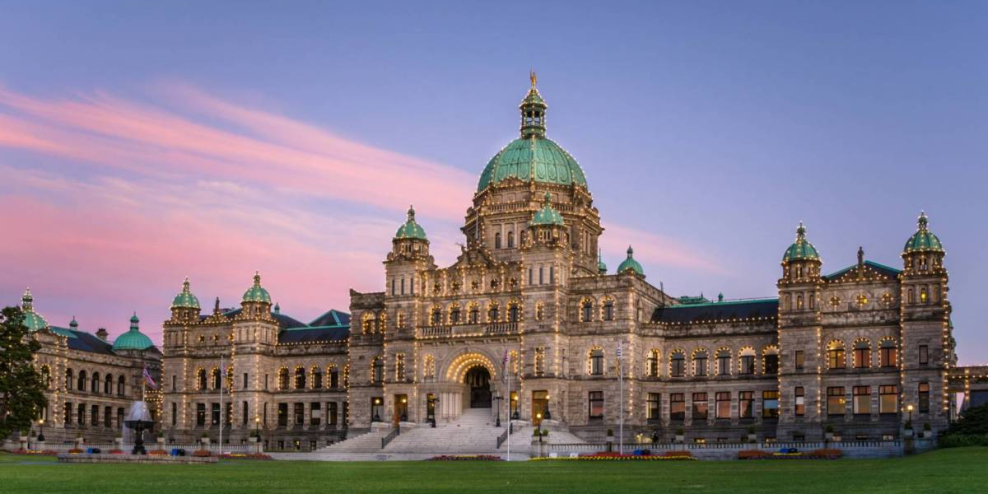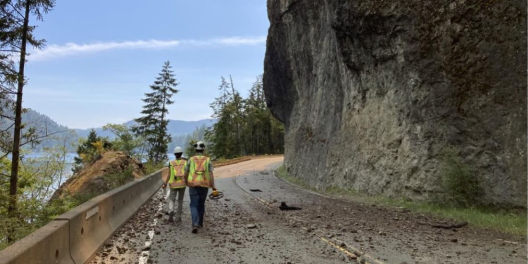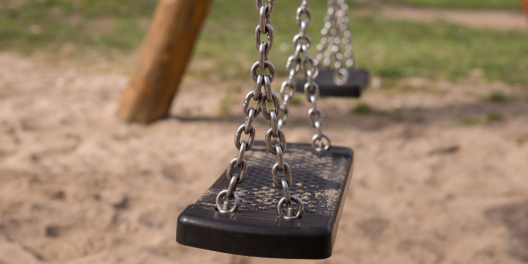Premier David Eby’s first budget has some winners and some losers.
On the plus side, BC Budget 2023 promises big investments in critical Vancouver Island issues: housing, drug addiction and mental health, and aging community infrastructure.
A boosted housing plan totals $4.2 billion in funding. It includes $394 million for transit-oriented development; $575 million over three years to create post-secondary spaces in high-demand areas, $230 million to renew BC Housing Authority’s aging rental stock; and $91 million in financing incentives to encourage homeowners to develop new secondary suites.
A new property transfer tax incentive encourages the construction of purpose-built rentals. It also provides a Renters Tax Credit of up to $400 per year for renters with household incomes less than $80,000.
$1.5 billion of the housing plan is earmarked for reducing homelessness. The province plans to invest $228 million over three years in new multi-disciplinary teams to provide rapid response for regions responding to encampments and $44 million for those living in encampments to access temporary modular housing.
Other investments include $97 million to support health‑focused services and resources at complex care sites, $640 million in funding for the Supportive Housing Fund, and $109 million to expand shelter and low-income assistance programs.
Alex Hemmingway, an economist for the Canadian Centre for Policy Alternatives, said the investment in housing is a good first step, but it needs specific targets and goals.
“… the budget lacks important details, including how many new non-market homes the government aims to bring online with the increased funding,” Hemmingway said in a press release.
Also in the budget is $450 million for Critical Community Infrastructure targeted at projects such as supplying reliable, clean drinking water, managing wastewater and solid waste, and reducing greenhouse gas emissions.
On the downside, some small business community members say the budget largely ignores the challenges they face.
“While today’s budget focused on affordability and reducing the cost of living, it provided little support to businesses who are struggling with the cost of doing business,” Fiona Famulak, president and CEO of the BC Chamber of Commerce, said in a press release. “Today’s budget did not take meaningful steps towards addressing the concerns that we have raised.”
Famulak welcomed the $480 million Future Ready Plan to tackle the labour shortage, but details on how it will work are unclear.
Green Party leader Sonia Furstenau said the budget spends big but lacks long-term vision.
“Premier Eby seems to be sprinkling money around to a lot of existing programs and spending big on affordability cheques, but we’re not going to solve the underlying issues that are driving big problems.”









